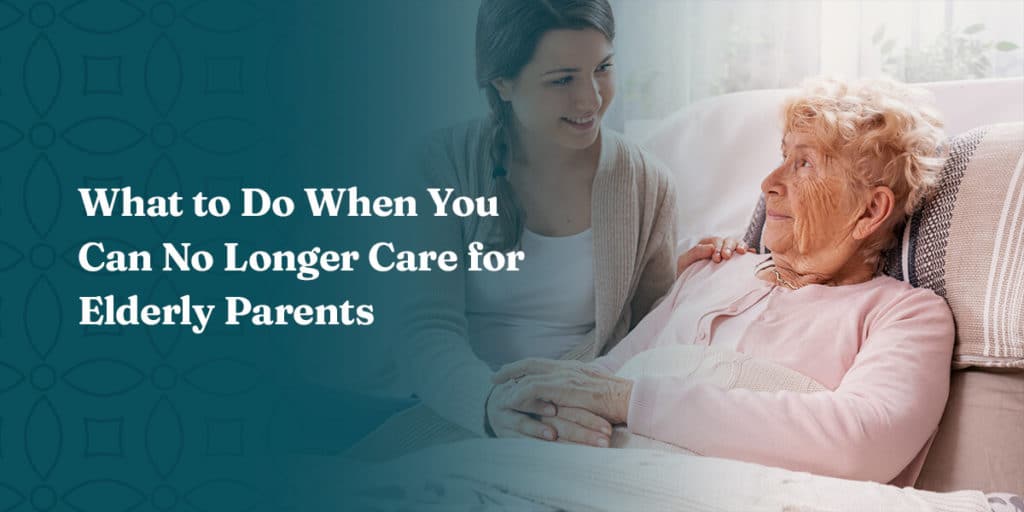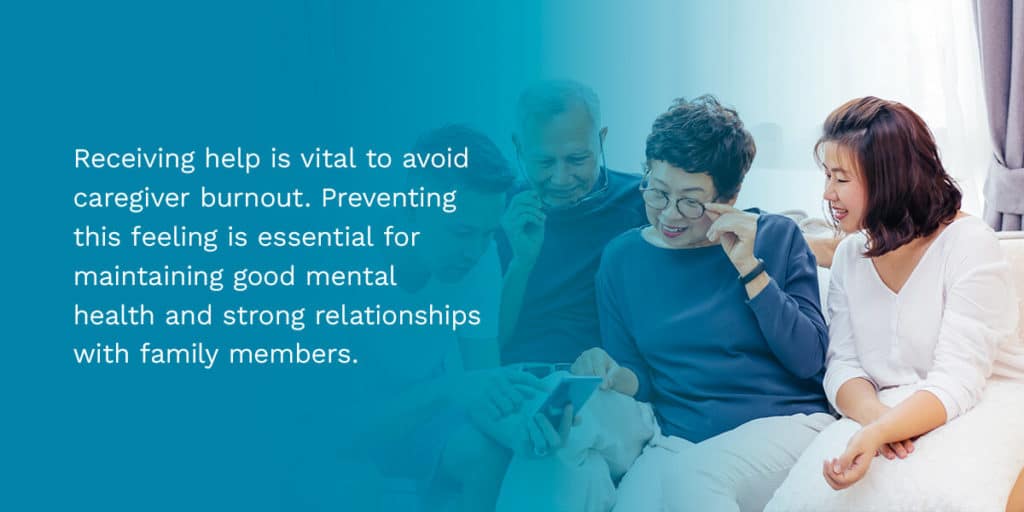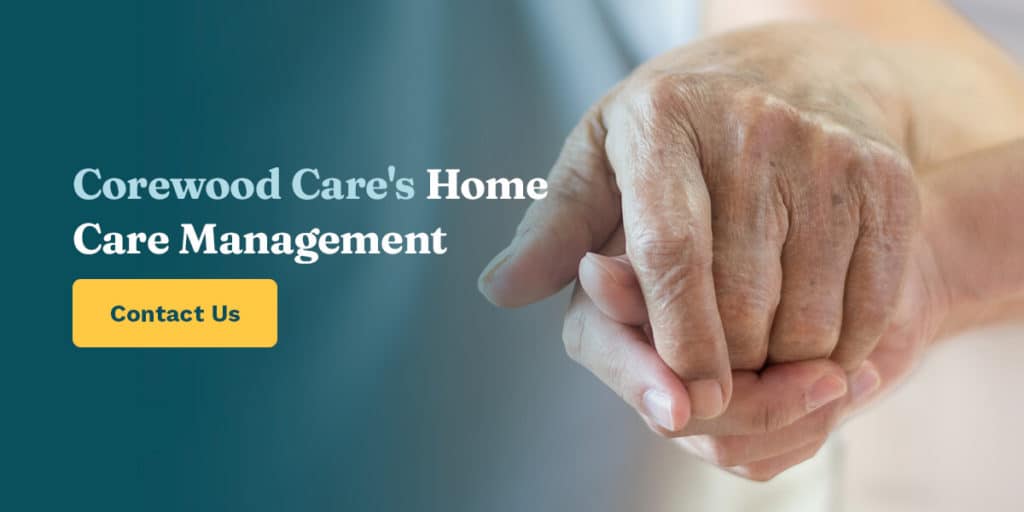What to Do When You Can No Longer Care for Elderly Parents

Founder & CEO

Watching parents grow up (OLD) can spark a sudden awakening for many children. Their needs begin to take precedence as activities of daily living (ADLs) become more challenging to complete. Whether you are contemplating caring for your parents or have already spent time providing for their needs, saying “no” to future caregiving might feel challenging.
It can be challenging to admit when you can not take care of your parents anymore. You might have a family of your own or a job that takes time and dreams to accomplish. No matter the reason, you can still help decide what to do with your elderly parents to ensure their health and happiness are taken care of by a professional.
Be Honest With Yourself
Saying “no” to caregiving does not have to spark guilt. Your love for your parents does not weaken after discovering you do not want to be a caregiver anymore. All feelings are valid, considering how much time and patience goes into this dedicated role. What you can do for your parents next is provide them with numerous options to benefit their living conditions for the future.
You are not alone when you can no longer care for elderly parents. Many children of older adults make this decision for various reasons. Almost half of all children who act as parents’ caregivers feel stressed regularly when carrying out this role. An astonishing 40%-70% of caregivers reported having symptoms of depression when providing caregiving services for their parents. However, most remain in this position due to guilt. Break free from this feeling and embrace a brighter future for yourself and your parents.

You Are Not Alone
Although you exceed expectations of caring for your parents regularly, it is essential to remember you do not need to work alone. Other family members or close friends can provide emotional and physical care for them in the same manner. It is up to you to take the first step and reach out to trusted relatives or friends to offer help.
Receiving help is vital to avoid caregiver burnout. Preventing this feeling is essential for maintaining good mental health and strong relationships with family members. Before reaching out to siblings or other trusted individuals, consider the aspects of caregiving in which you excel.
Those skilled in scheduling doctor’s appointments, managing medications or providing transportation can maintain these tasks or split them with someone trustworthy. Being honest about struggles when providing care lets you pass on responsibilities to your family members.
It is essential to review each parent’s needs with all helpers so they can better understand caregiver expectations. Whether seeking help from family members or staff from a trusted home care service, offer your knowledge of your parents’ needs so others can continue prioritizing their daily routine.
Assess Their Needs
You undoubtedly know your parents better than anyone. Their needs have likely become second nature while providing regular caregiving services. When elderly parents are unable to care for themselves as effectively as before, it may be easier to notice activities they find challenging.
When considering a transition from a caregiver to a supporter from the sidelines, offer observations to a team of professionals who can assist with these challenging tasks. The more you note now, the sooner your parents can receive quality care in daily activities that increase their quality of life.
Discuss what kind of daily care they would like to receive. It is essential to keep parents involved with the transition process from one caregiver to another. Take this opportunity to review their preferences in care services and the ADLs they would like help completing. Staying on the same page ensures a positive future for both parties.
Explore Their Options Moving Forward
When at-home care presents challenges for you and your parents’ everyday needs, consider what the next step is to benefit their health. Some children find that it is time to say goodbye to their parents’ current residence due to too many flights of stairs, the location being too far for a daily drive or they are unhappy living in their home. In this case, moving them into a retirement home might be an option to consider.
In some cases, older adults highly value the feelings of familiarity and comfort they receive from being in their homes. If you notice these emotions in your parents, home health services or care might benefit them the most compared to other care options.
At-home care services typically include:
- Companionship from providers.
- Assistance with completing ADLs such as getting dressed, cooking, going to the bathroom and bathing.
- Alzheimer’s care for those living with dementia.
- Daily scheduled activities to keep older adults active and aware.
- Transportation access to doctor’s appointments or around the area if needed.
With this care option, your parents can thrive under the supervision and companionship of a trusted staff member who provides opportunities to make each day exciting. Research how 24/7 in-home care can benefit your parents if they require more medical assistance. Skilled nursing and meal preparation can make older adults with preexisting health conditions or limited mobility more comfortable.
Seeking Outside Support
If you are concerned about your parent’s actions and behaviors accompanying aging, you can benefit from reaching out to a professional in gerontology. This profession studies the physical, mental and social changes in older adults. Professionals work in various fields such as psychology, healthcare and social work to assess the needs of older individuals. If you are curious about the next best step for your parents as they transition to a new caregiver, a gerontologist can provide several beneficial options for various health conditions.
Corewood Care’s Home Care Management
If your parents could benefit from home care services, Corewood Care can provide the necessary resources to take the next step. We understand the importance of providing comfortable and positive environments for your parents to thrive in as they receive assistance with daily routines. Our friendly staff prides themselves on quality at-home services to keep parents active through companionship and the appropriate help needed to let them maintain independence.
We also value the caregiving services you provided for your parents. Our top priority is to make the transition from a child caregiver to a team of professionals as easy as possible for all parties. Through our free home care assessment, we can take the time to get to know you and your parents to determine the best care service for their health and happiness.
Contact us today to schedule a free home care assessment.




